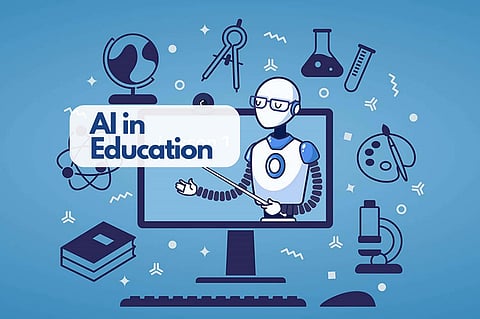

A fresh study out of South Korea is shining an uncomfortable light on how certain personality traits might influence students’ decisions to lean on artificial intelligence (AI) for academic work, even if it means crossing ethical lines.
As highlighted by Hindustan Times, researchers surveyed over 500 students from six art universities in China, exploring how traits linked to manipulation and self-interest could be shaping new patterns of AI dependency.
The study, published in BMC Psychology, examined the so-called “Dark Triad” — narcissism, psychopathy, and Machiavellianism. These traits, often associated with a lack of empathy and a drive for personal gain, were found to be strongly tied to students’ tendency to use AI tools such as ChatGPT or Midjourney for assignments.
Notably, many admitted to submitting AI-generated outputs as their own, raising concerns around academic integrity.
But personality was only part of the puzzle. The same students grappling with these darker traits also confessed to heightened anxiety over grades and a habit of putting off their work until deadlines loomed large. This cocktail of stress and procrastination appeared to make AI an appealing shortcut, the study observed.
As reported by Hindustan Times, these findings suggest that psychological pressures, coupled with certain personality features, can create fertile ground for questionable tech use.
Interestingly, the researchers also found a strong link between students’ motivations and their reliance on AI. Those more driven by material success, recognition, or external rewards were more inclined to sidestep hard work through digital means.
This indicates that what pushes a student towards AI misuse may be less about laziness and more about high-stakes ambition.
Lead authors Jinyi Song of Chodang University and Shuyan Liu of Baekseok University argue that colleges must rethink assignment design and educate students on responsible AI use. They advocate building safeguards that make tasks less susceptible to copying and clarifying what ethical tech use looks like; steps that could help nurture a culture where innovation thrives without sidelining honesty.
